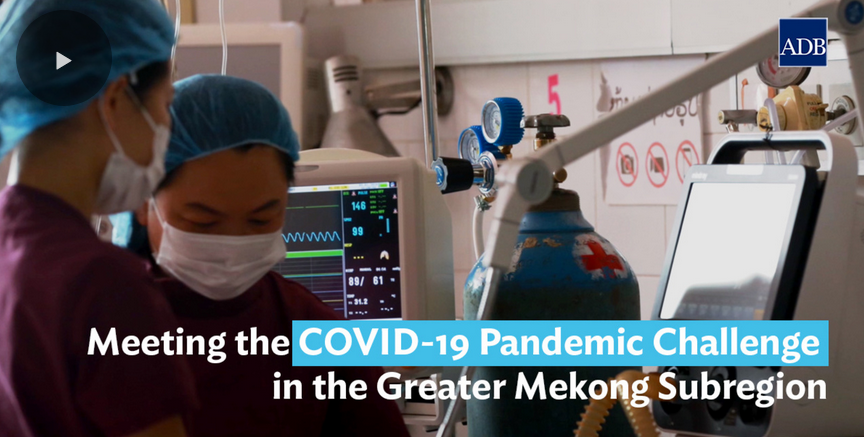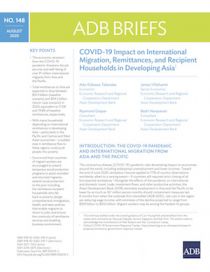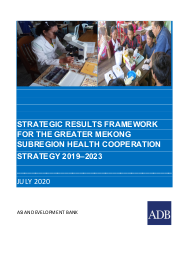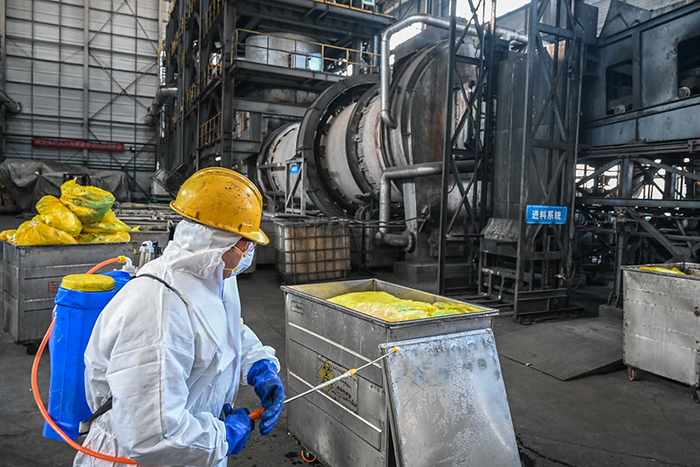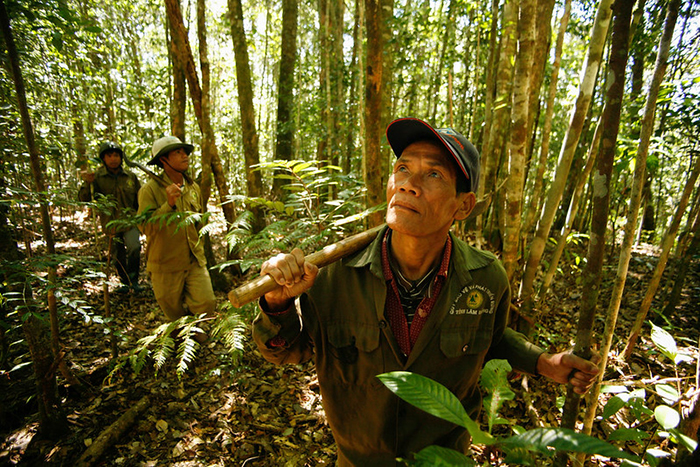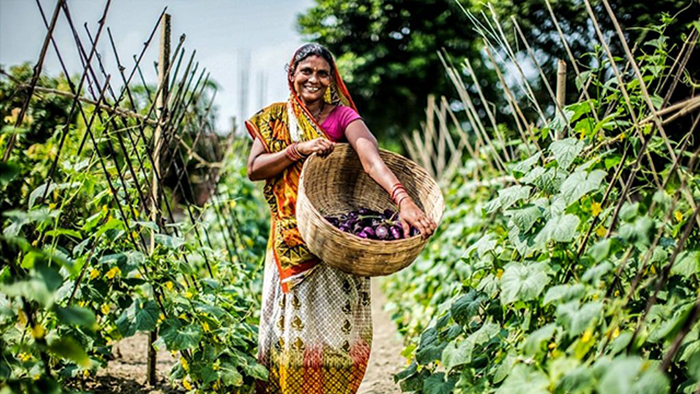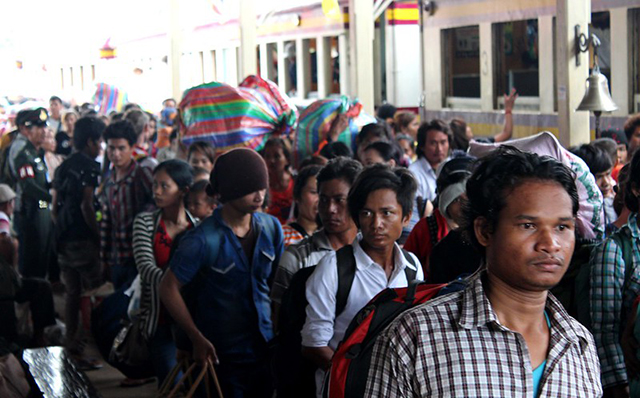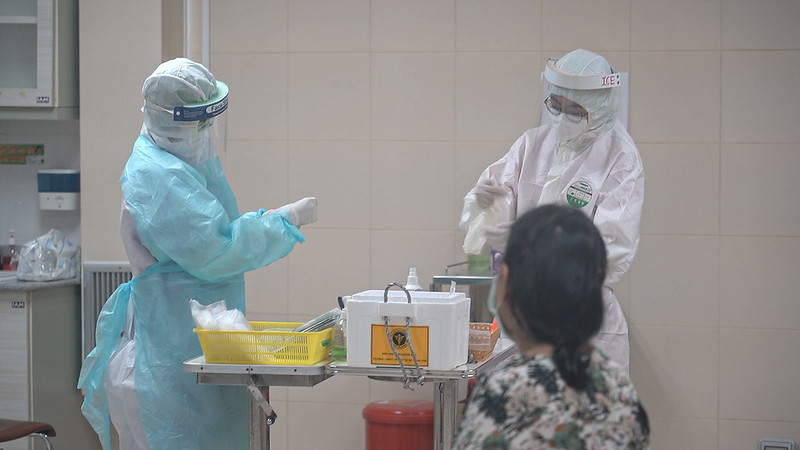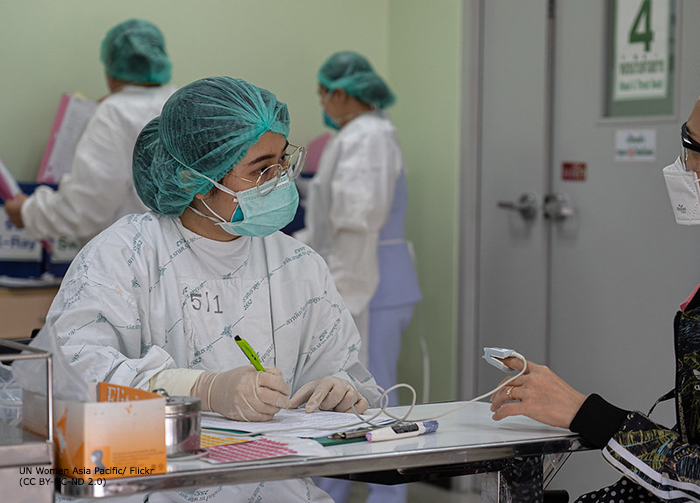Meeting the COVID-19 Pandemic Challenge in the Greater Mekong Subregion
With proactive planning and investment in health and other sectors—and the support of partners like ADB—the six countries of the Greater Mekong Subregion (GMS) are meeting the challenge of the coronavirus disease (COVID-19) pandemic while ensuring faster economic recovery.

